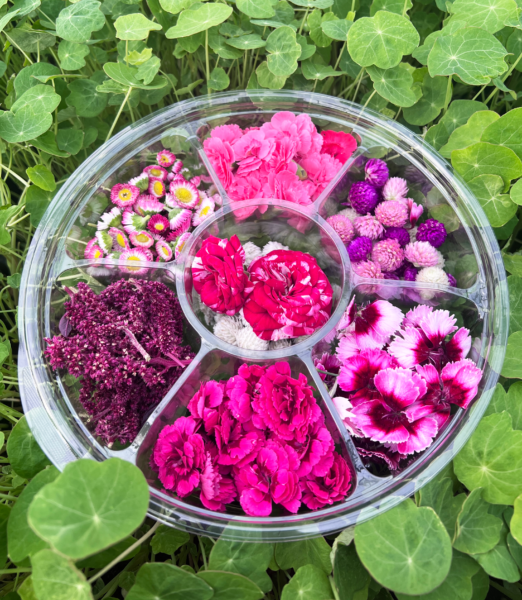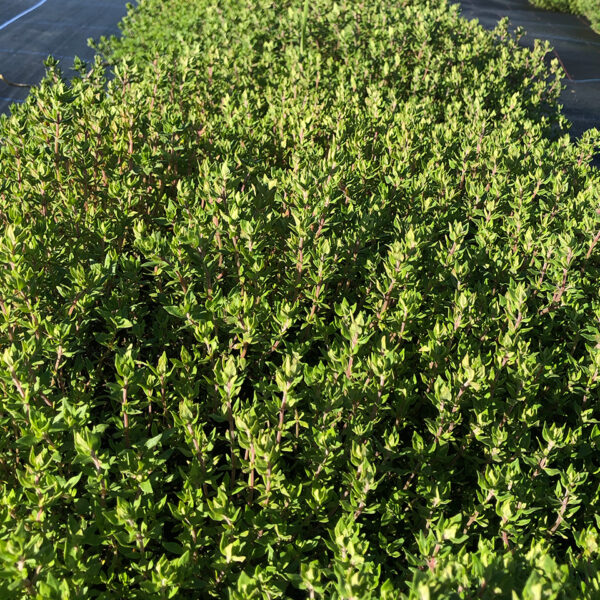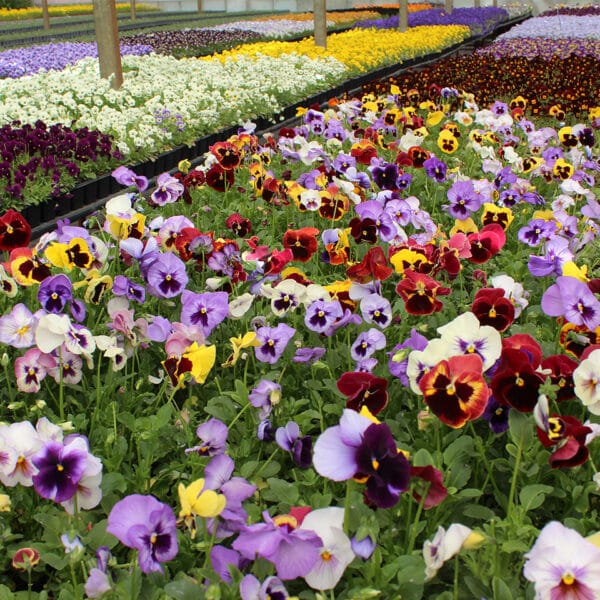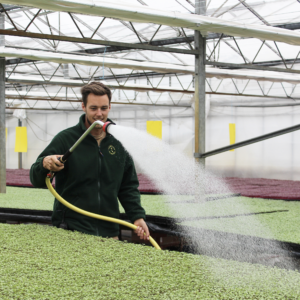 Watering Micro Herbs
Watering Micro Herbs
Reduce | Reuse | Recycle
At Nurtured in Norfolk, we reduce our impact on the environment by using a borehole for our water, rather than using mains water. To water our micro cress alone, we use approximately 3 x 1,520 litre barrels of water each day. This equates to more than 4,500 litres of water! Extracting the water from a borehole takes less energy than if we were to use mains water. Not only does it use less energy, but it also doesn’t use any chemicals to treat the water. This reduction in the chemicals, and energy to pump the water, means a borehole is subsequently far better for the environment!
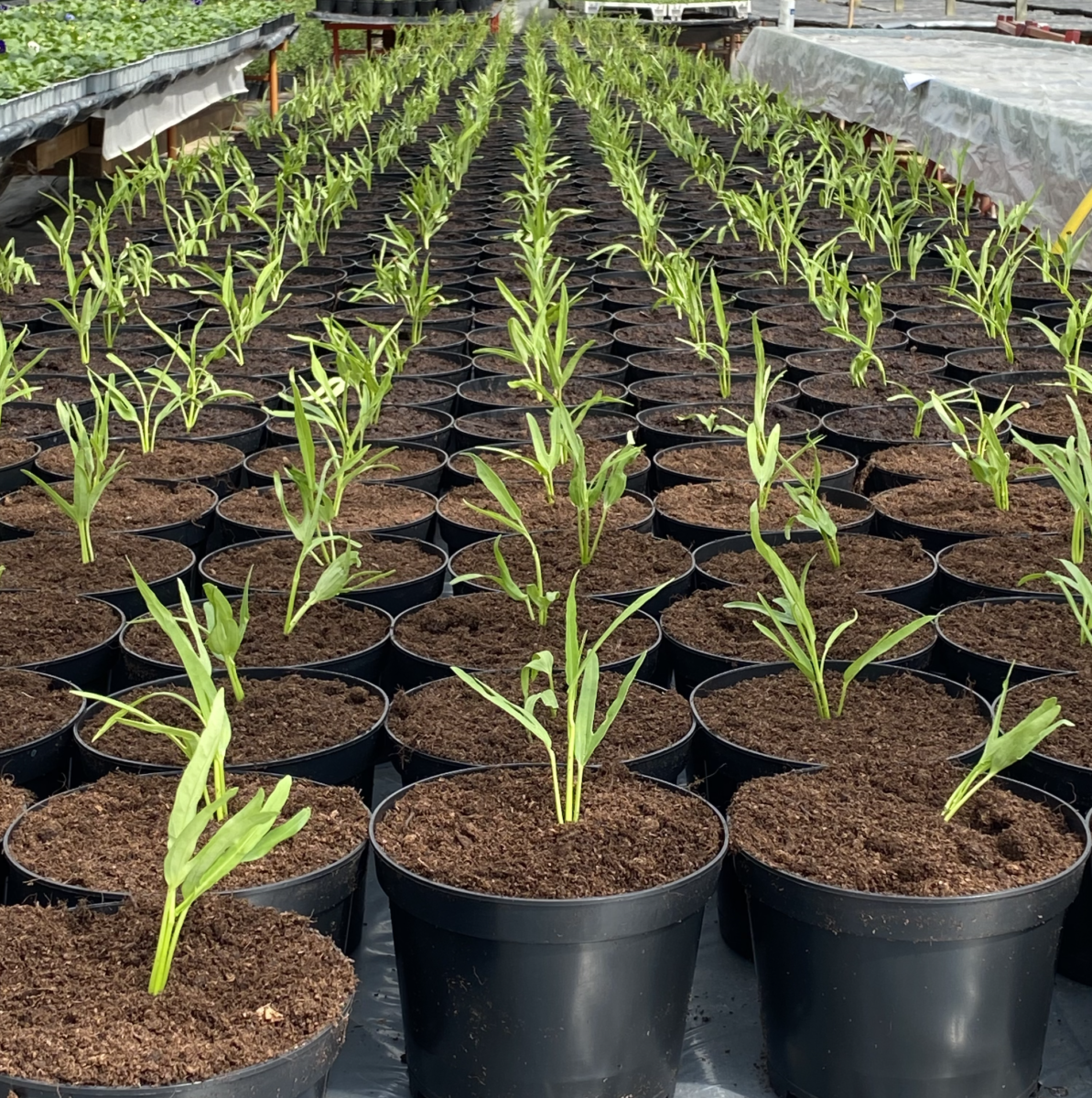
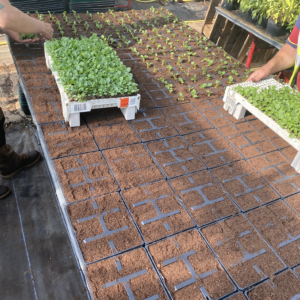 Planting Edible Flowers
Planting Edible Flowers
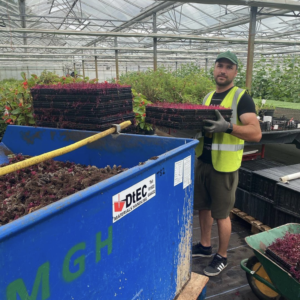 Recycling Compost
Recycling Compost
 Integrated Pest Management Control
Integrated Pest Management Control
